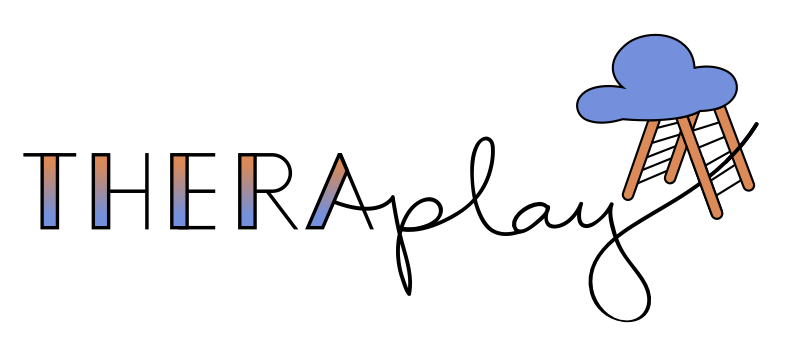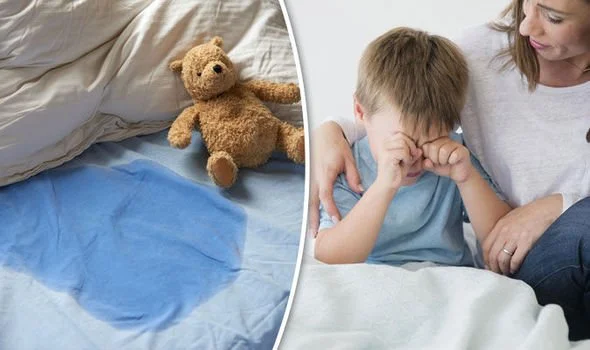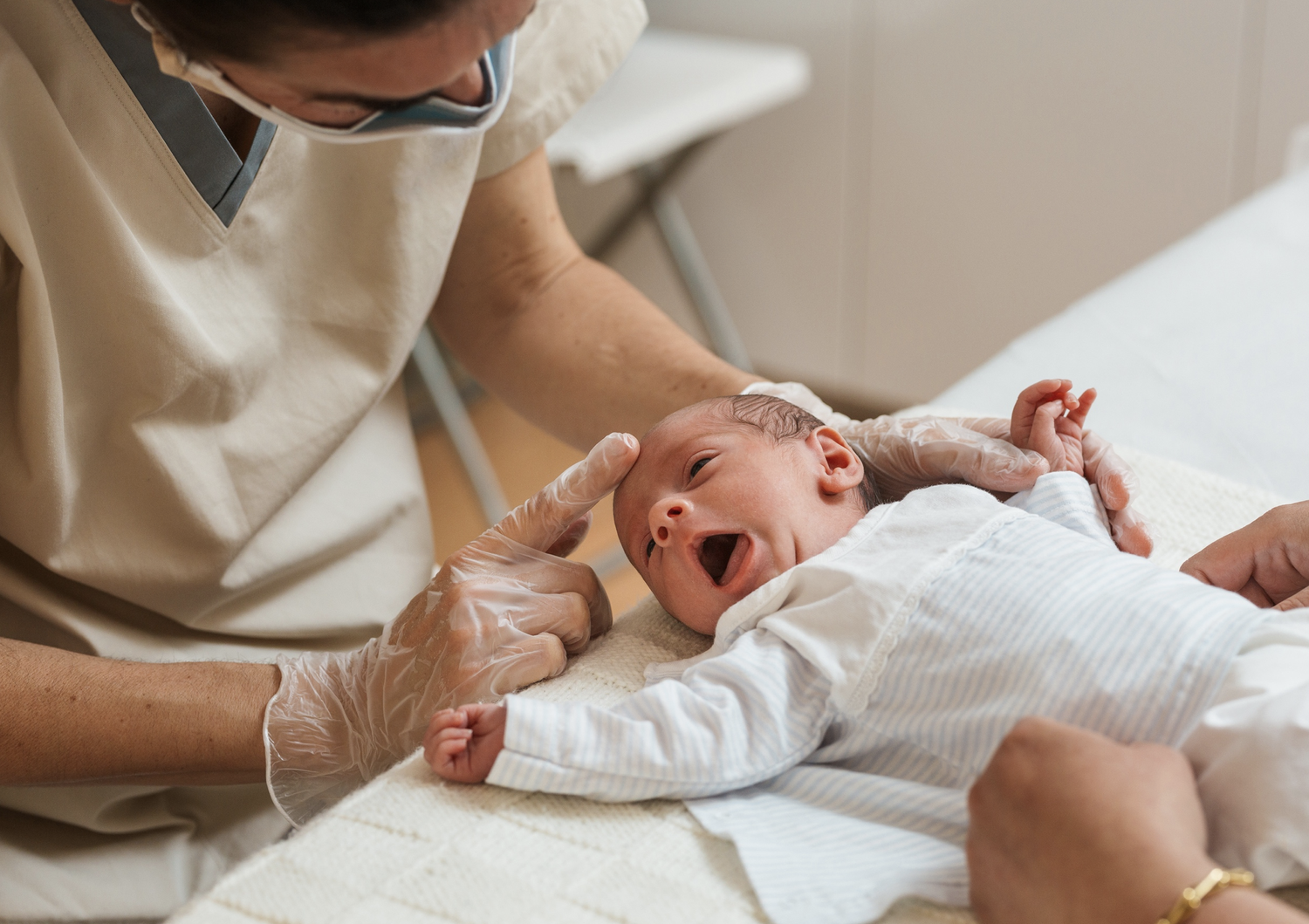Why Is My Potty-Trained Child Still Wetting the Bed? Understanding Bedwetting, Primitive Reflexes, Airway Health, and Sleep Apnea
Bedwetting (also known as nocturnal enuresis) is a common concern for many families. Even after a child is successfully potty trained during the day, your child may still struggle to wake up in a dry bed. At TheraPlay LA, we help families explore why bedwetting might be happening—often uncovering links to retained primitive reflexes, airway health, and sleep-disordered breathing, a common precursor to sleep apnea.
If your child is dry all day but wets the bed at night, this post will help you understand the connections and next steps.
Bedwetting After Daytime Potty Training: It's Not Just About Bladder Control
For many children, achieving nighttime dryness is a different developmental milestone than daytime control. While daytime potty training is based on conscious awareness, nighttime dryness depends on maturation of the nervous system, bladder signaling, and even sleep quality.
When bedwetting persists beyond age 5–6 despite daytime success, it can indicate underlying factors such as:
Retained primitive reflexes that interfere with bladder control and sleep regulation
Airway issues that disrupt sleep
Sleep-disordered breathing or pediatric sleep apnea
These connections might surprise parents—but they're well-recognized in occupational therapy and pediatric sleep medicine.
Retained Primitive Reflexes and Bedwetting
Primitive reflexes are automatic movements babies are born with to help them survive and develop. Over time, these reflexes should integrate (disappear) as higher-level brain functions take over.
If primitive reflexes are retained past early childhood, they can interfere with:
Postural control and core stability
Nervous system function, including self and emotional regulation
Autonomic (involuntary) functions such as bladder signaling
For example:
Spinal Galant Reflex: This reflex runs along the lower back. If retained, it can trigger involuntary urination at night when the child shifts position.
Moro Reflex: A persistent startle reflex may disrupt sleep cycles and stress the nervous system, making it harder to respond to bladder cues.
At TheraPlay LA, we assess for these retained reflexes and use targeted therapies to help integrate them, supporting better bladder awareness and nighttime control.
Airway Health and Sleep-Disordered Breathing
Another critical link: airway health.
If a child struggles to breathe well at night due to:
Enlarged tonsils and/or adenoids
Allergies causing nasal congestion
Poor tongue posture or mouth breathing
Structural airway narrowing
They may develop sleep-disordered breathing (SDB). Sleep-disordered breathing symptoms can range from habitual snoring with no other symptoms to pediatric obstructive sleep apnea.
When sleep is fragmented by breathing disruptions:
The body prioritizes breathing over bladder signaling
The child may sleep so deeply in apnea-related arousal cycles that they don't wake to relieve a full bladder
Hormone balance (like reduced antidiuretic hormone production, the hormones responsible for creating and preventing urination) can worsen bedwetting
At TheraPlay LA, we collaborate with ENTs, dentists, and sleep specialists to assess airway health and provide myofunctional therapy when appropriate.
Sleep Apnea and Bedwetting
Pediatric sleep apnea is a known risk factor for bedwetting. Studies have shown:
Up to 50% of children with sleep apnea experience nocturnal enuresis
Treating sleep apnea (for example with adenotonsillectomy, BabyLase treatment, orofacial myofunctional therapy to improve tongue function and resting posture, and/or airway expansion) can reduce or eliminate bedwetting
Signs your child might have sleep-disordered breathing (an early pre-cursor to sleep apnea) include:
Behavioral challenges including hyperactivity (e.g. “tired and wired”)
Open mouth posture (mouth breathing)
Halitosis (bad breath)
Pauses in breathing or gasping at night
Frequent awakening
Drooling
Regular nightmares/night terrors
Loud, habitual snoring
Tripod sleeping
Restless sleep
Teeth grinding
Daytime sleepiness or hyperactivity
If you suspect sleep-disordered breathing, schedule a free discovery call using the link provided at the end of this blog!
How TheraPlay LA Can Help
At TheraPlay LA, we specialize in an integrative approach to bedwetting and related challenges. Our speech and occupational therapists can:
Get to the root cause of your child’s bedwetting
Assess for retained primitive reflexes and design reflex integration programs
Evaluate oral motor function and airway health concerns
Collaborate with ENTs, dentists, and sleep specialists for comprehensive care
Support families in understanding their child's sensory, motor, and autonomic nervous system regulation
Bedwetting isn't just about using the restroom before bed or waiting for your child to “outgrow” it—it's about understanding why it's happening and addressing each contributing factor.
When to Seek Help
Consider seeking an evaluation if your child:
Is 5 or older and still regularly wets the bed
Has daytime dryness but continues to have nighttime accidents
Snores or mouth-breathes at night
Seems overtired or hyperactive during the day
Shows signs of retained reflexes (poor balance, clumsiness, sensory sensitivities)
Early assessment and intervention can make all the difference!
Ready to Learn More?
At TheraPlay LA, we're passionate about helping families find answers. If you're in the Los Angeles area and want support for bedwetting, primitive reflex integration, or airway-focused occupational therapy, contact us today to learn more about how we can help!
Together, we can help your child sleep better—and wake up confident and ready to face the day!






